Author Archives: April Froncek
Author Archives: April Froncek
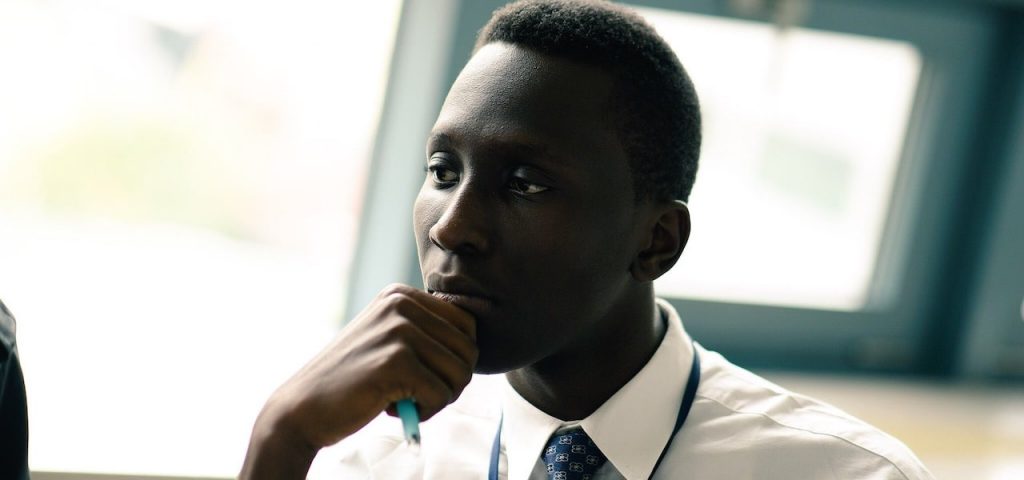
Adisa Bolutife is a 22-year-old open access advocate based in Lagos, Nigeria. A graduate of the University of Lagos with a degree in and electronics engineering, he is passionate about issues related to access, technology, inclusion, and Internet Governance. In 2016, Bolutife founded Open Switch Africa, where he leads a group of students, researchers, and academics to advocate for open access in research, education, and data in Nigeria. He is also a co-founder and director of Digital Grassroots, a global initiative that works to improve digital literacy in local communities. He is an Internet Society 2017 Youth@IGF fellow and an alumnus of the UNESCO Youth Leadership Workshop on Global Citizenship Education, Mozilla Open Leaders, and OpenCon 2017.
Like many people around the world, the Internet has contributed largely to the person I am today – building my knowledge base through access to a wealth of information. Without the Internet, a lot of things would not be as easy as they are right now.
As a recent graduate, I can relate to the fact that the Internet has been extremely helpful in aiding and improving student learning and research, as I can cite academic resources online and watch Continue reading
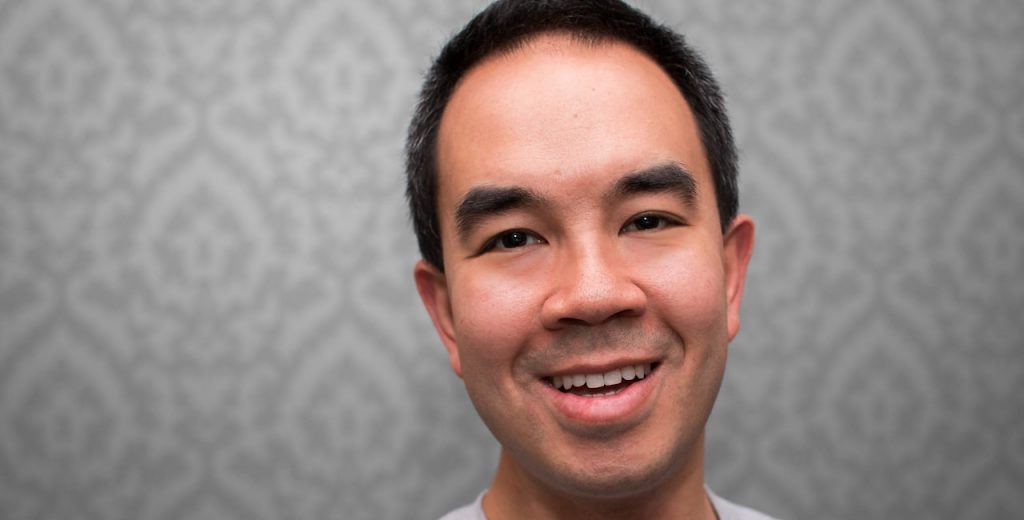
In 2017, the Internet Society unveiled the 2017 Global Internet Report: Paths to Our Digital Future. The interactive report identifies the drivers affecting tomorrow’s Internet and their impact on Media & Society, Digital Divides, and Personal Rights & Freedoms. While preparing to launch the 2019 Global Internet Report, we interviewed Chris Yiu to hear his perspective on the forces shaping the Internet’s future.
Chris is a senior policy fellow for technology in the Renewing the Centre team at the Tony Blair Institute for Global Change. His work focuses on how new technologies can be used to enhance the functioning of liberal democracy, and on policy solutions to the new economic challenges of automation and the digital economy. Chris was previously a general manager at Uber and has held senior roles in a number of public, private, and third-sector organizations. He recently authored the report, “A New Deal for Big Tech: Next-Generation Regulation Fit for the Internet Age” (Tony Blair Institute for Global Change, 2018).
The Internet Society: In your report you write that this “new deal for big tech” is urgent for protecting democratic values globally. Why?
Chris Yiu: Political leaders face an external environment characterised by disruption Continue reading
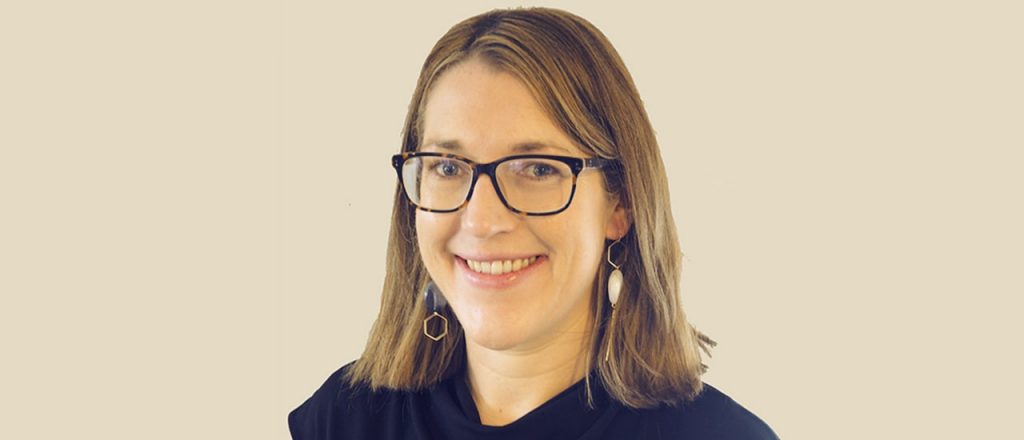
Last year, the Internet Society unveiled the 2017 Global Internet Report: Paths to Our Digital Future. The interactive report identifies the drivers affecting tomorrow’s Internet and their impact on Media & Society, Digital Divides, and Personal Rights & Freedoms. We interviewed Orla Lynskey to hear her perspective on the forces shaping the Internet’s future.
Orla Lynskey is an associate professor of law at the London School of Economics and Political Science. Her primary area of research interest is European Union data protection law. Her monograph, The Foundations of EU Data Protection Law (Oxford University Press, 2015), explores the potential and limits of individual control over personal data, or “informational self-determination’” in the data protection framework. More recently, her work has focused on collective approaches to data protection rights and mechanisms to counterbalance asymmetries of power in the online environment. Lynskey is an editor of International Data Privacy Law and the Modern Law Review and is a member of the EU Commission’s multistakeholder expert group on GDPR. She holds an LLB from Trinity College, Dublin, an LLM from the College of Europe (Bruges) and a PhD from the University of Cambridge. Before entering academia, she worked as a competition lawyer in Brussels Continue reading
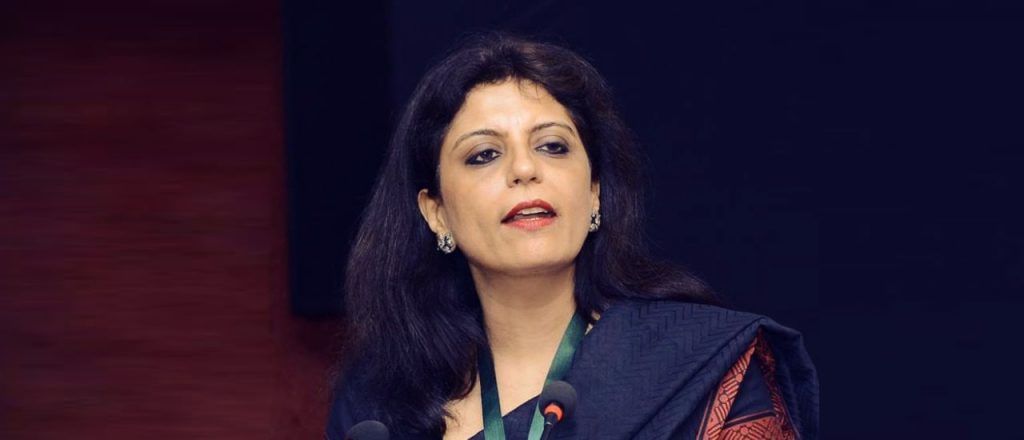
Last year, the Internet Society unveiled the 2017 Global Internet Report: Paths to Our Digital Future. The interactive report identifies the drivers affecting tomorrow’s Internet and their impact on Media & Society, Digital Divides, and Personal Rights & Freedoms. We interviewed Payal Malik to hear her perspective on the forces shaping the Internet’s future.
Payal Malik is the Economics Adviser and Head of the Economics Division (Chief Economist) at the Competition Commission of India. She is on secondment from the University of Delhi, where she is an associate professor of Economics. Her areas of expertise are competition law, policy and regulation. She has many years of economic consulting experience in network industries such as power and telecommunication, information and communication technologies (ICTs), innovation systems, and infrastructure. She was previously a senior research fellow at LIRNEasia and a senior consultant at the Center for Infrastructure and Regulation, National Council of Applied Economic Research (NCAER), India. At NCAER she was a lead researcher on various infrastructure development projects, including telecoms, electricity, highways, and water and sanitation. She was also on the team that drafted the Electricity Act of India, ushering competition into the sector.
The Internet Society: This year we’re focusing our annual Continue reading
The Canadian Multistakeholder Process: Enhancing IoT Security meeting takes place in Ottawa today, November 20th, from 1PM-5PM EST.
This is the fourth session in a year-long series. The meetings have been convened to develop recommendations for a set of norms/policy to secure the Internet of Things in Canada and are a joint initiative of The Internet Society; Innovation, Science and Economic Development; the Canadian Internet Registration Authority; CANARIE; and CIPPIC.
Today’s session will build on the progress of the working groups, which were established during the second meeting: Consumer Education & Awareness, Labeling, and Network Resiliency. (Read the third multistakeholder meeting report.)
Register for the event or watch the livestream!
The post Meeting Four of the Canadian Multistakeholder Process: Enhancing IoT Security appeared first on Internet Society.
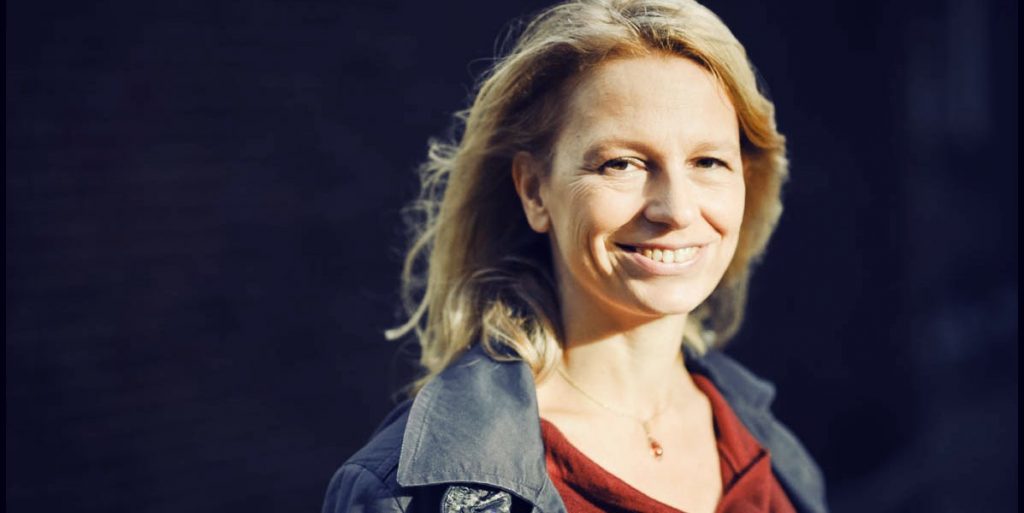
Last year, the Internet Society unveiled the 2017 Global Internet Report: Paths to Our Digital Future. The interactive report identifies the drivers affecting tomorrow’s Internet and their impact on Media & Society, Digital Divides, and Personal Rights & Freedoms. We interviewed Natali Helberger to hear her perspective on the forces shaping the Internet’s future.
Natali Helberger is a professor of Information Law at the University of Amsterdam’s (UvA) Faculty of Law. She researches how the role of information users is changing under the influence of information technology, and the regulation of converging information and communications markets. Focus points of her research are the interface between technology and information law, user rights and the changing role of the user in information law and policy. Natali has conducted research for the European Commission, the European Parliament, the Council of Europe, and national governments and is a regular speaker at national and international conferences. Among others, she is member of an Expert Committee of the Council of Europe on AI and Human Rights, and one of the leaders of the Dutch VSNU Citizenship & Democracy research agenda.
The Internet Society: You recently wrote a chapter for Damian Tambini and Martin Moore’s book Digital Continue reading
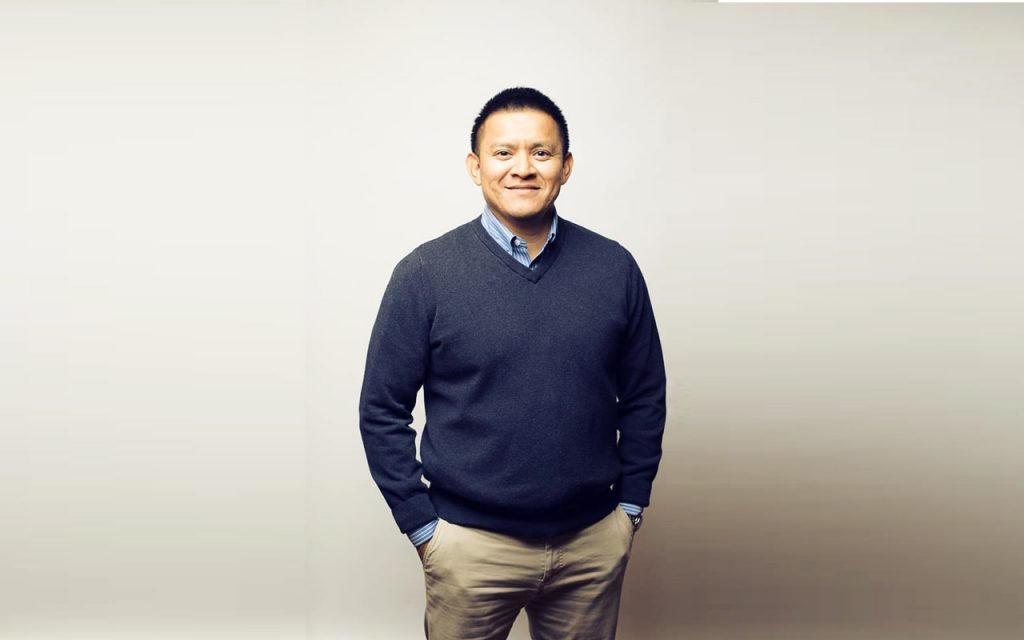
In November 2017, the Internet Society hosted the inaugural Indigenous Connectivity Summit in Santa Fe, New Mexico. The event brought together community network operators, Internet service providers, community members, researchers, policy makers, and Indigenous leadership to work together to bridge the connectivity gap in indigenous communities in North America. One of the participants shared his story.
“My background is in architecture. This is all brand new,” said Merrill Yazzie, tribal community planner and project coordinator for the Pueblo of Cochiti. The pueblo had just begun to lay fiber to improve tribal Internet access. “The community itself doesn’t have Internet. The one line just goes to the government, to the administrative building,” said Yazzie. “Everyone relies on their cellular phones or satellite services, which can be pretty expensive.”
According to Yazzie, an enrolled member of the Navajo Nation, there are many advantages to increased Internet access. “It will benefit all generations,” said Yazzie. “Economically it will be a benefit. You don’t have access to the universities because you don’t have a vehicle or public transportation is not available. One way to access education would be through online courses.” Further, he mentioned the benefit increased connectivity could bring to basic services: Continue reading
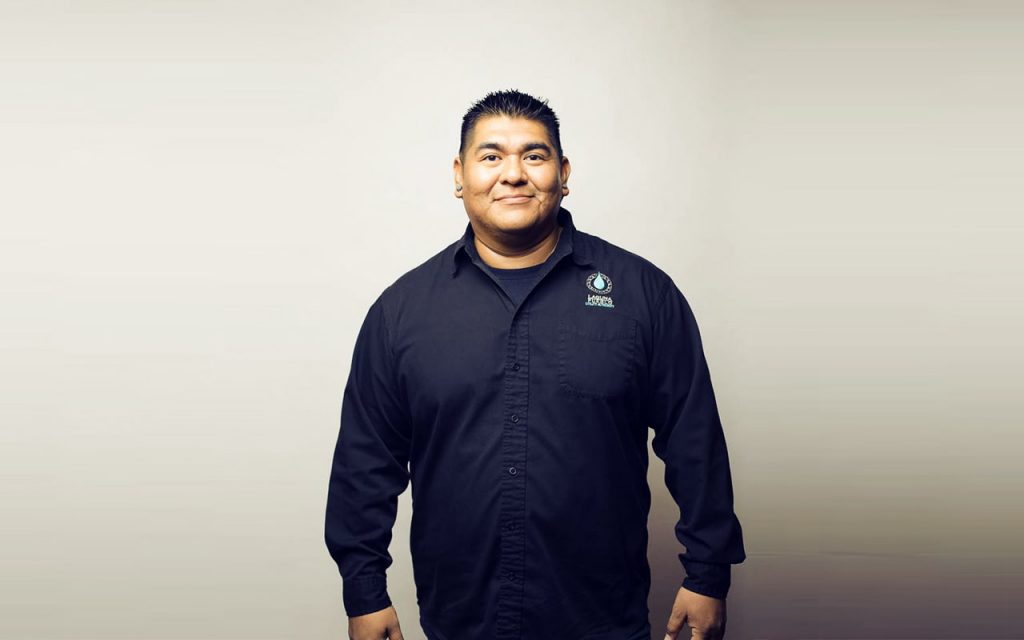
In November 2017, the Internet Society hosted the inaugural Indigenous Connectivity Summit in Santa Fe, New Mexico. The event brought together community network operators, Internet service providers, community members, researchers, policy makers, and Indigenous leadership to work together to bridge the connectivity gap in indigenous communities in North America. One of the participants shared his story.
“We haven’t reached our full potential,” says Gilbert Martinez, of the Pueblo of Laguna’s Kawaika Hanu Internet. “Community Internet access is good, but it can get better.”
The Laguna Utility Authority was awarded a $3.3M grant through USDA Community Connect, which will enable a number of projects provided the community is an Internet Service Provider, among other stipulations. The benefits of Internet access – and the grant’s impact – are already evident, which Martinez shared in a presentation at the Indigenous Connectivity Summit: one community member was able to apply for an internship with the Laguna Tribal Courts and is now working to complete her bachelor’s degree in criminal justice; one family uses the Internet for school work, to pay bills, and to do online research; an unemployed computer center volunteer obtained a job at a media company; and silversmiths are able to Continue reading
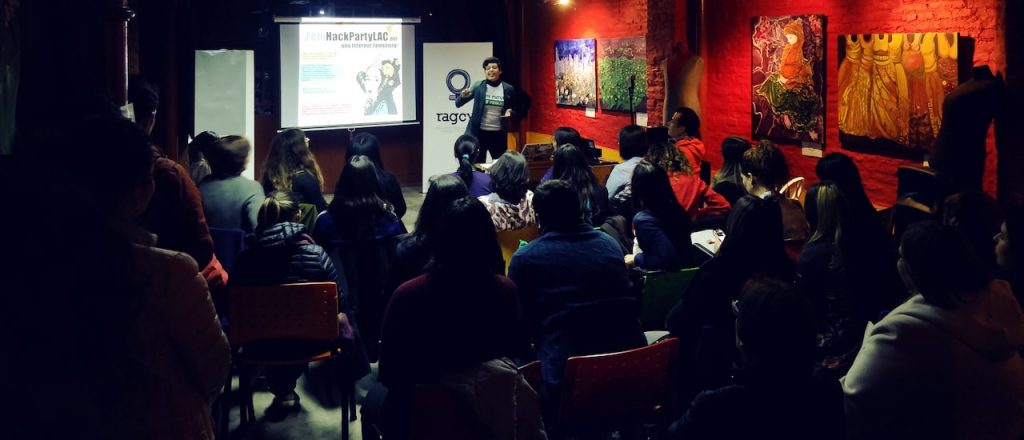
In 1843, Ada Lovelace published “Sketch of the analytical engine invented by Charles Babbage” in the book Scientific Memoirs. But because of her “condition” as a woman she, like many women who were pioneers in their time, was forgotten by history. Women could not access education or the sciences and, for that reason, history forgot them, just as we forgot that many women were mothers of the Internet.
“History drove us out of the digital industry, we stopped being important and a male industry was created.”
– Kemly Camacho, Sula Batsú
Every day many people ask us, where are the women? Why don’t they participate? I tell them to look at the immense number of initiatives that women are doing in Latin America and the Caribbean.
With the cold of Buenos Aires, between its tall buildings and its warm people, our friends at the Tierra Violeta Cultural Center received us after four months of planning the FemHackParty LAC. In December 2016, at the Internet Governance Forum that took place in Guadalajara, Mexico, we organized with a group of women the first FemHackParty, within the framework of 16 days of activism against violence against women. We had the chance to learn Continue reading
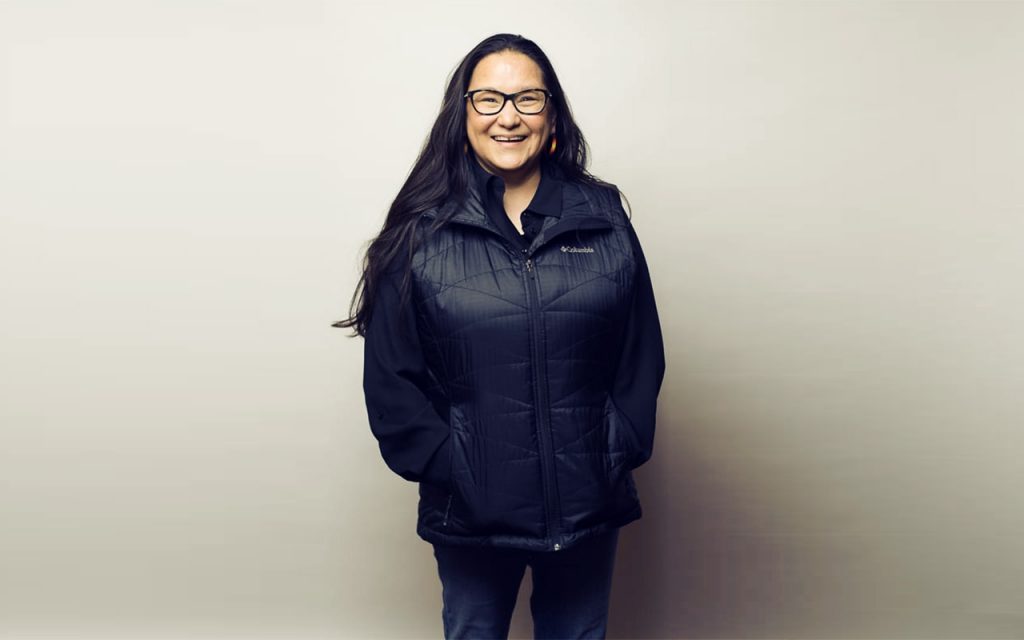
In November 2017, the Internet Society hosted the inaugural Indigenous Connectivity Summit in Santa Fe, New Mexico. The event brought together community network operators, Internet service providers, community members, researchers, policy makers, and Indigenous leadership to work together to bridge the connectivity gap in indigenous communities in North America. One of the participants shared her story.
Christel White, geographic information system (GIS) specialist for the Pueblo of Cochiti, is no stranger to intertribal dynamics. White is an enrolled member of the Onondaga people and grew up on the Seneca Nation reservation in New York State. In her current role, she ponders how the specific culture and needs of the people of Cochiti impacts the role of connectivity. “I want to bring in GIS online, but we don’t want cultural sites out in circulation,” explains White. “Do we want new land on there?”
The lack of Internet speed in tribal offices means White currently works from home, but says that it impacts her ability to interact with the public. If someone comes into the office with a question, White is not always physically there, but she can’t otherwise complete her work without a better connection. “Indigenous communities are often stuck on Continue reading
Last year, the Internet Society unveiled the 2017 Global Internet Report: Paths to Our Digital Future. The interactive report identifies the drivers affecting tomorrow’s Internet and their impact on Media & Society, Digital Divides, and Personal Rights & Freedoms. We interviewed Chris Riley to hear his perspective on the forces shaping the Internet’s future.
Chris Riley is Director, Public Policy at Mozilla, working to advance the open Internet through public policy analysis and advocacy, strategic planning, coalition building, and community engagement. Chris manages the global Mozilla public policy team and works on all things Internet policy, motivated by the belief that an open, disruptive Internet delivers tremendous socioeconomic benefits, and that if we as a global society don’t work to protect and preserve the Internet’s core features, those benefits will go away. Prior to joining Mozilla, Chris worked as a program manager at the U.S. Department of State on Internet freedom, a policy counsel with the nonprofit public interest organization Free Press, and an attorney-advisor at the Federal Communications Commission.
The Internet Society: Why is there a need for promoting a better understanding of technology amongst policy wonks, and of policy among technologists?
Chris Riley: Continue reading
Late November, Kathy Brown announced that she would be stepping down as CEO of the Internet Society. While preparing for her next chapter, she reflected on her time at the Internet Society and shared her thoughts on how the Internet itself has evolved during her tenure.
The Internet Society: What are the biggest changes you’ve seen in the Internet since you joined the Internet Society?
Kathy Brown: When I joined the Internet Society nearly five years ago, there were about 3 billion people online. Since then, that number has grown by almost a billion, but, still, not everyone is connected. The Internet Society has helped bring Internet access to the hardest-to-reach places on earth, including remote regions in the Caucasus and indigenous communities in South America, but there remain twice as many people online in the developed world than in the developing world, and the digital gender gap is widening.
There’s also been a trend toward consolidation, with fewer companies controlling more and more, and the Internet getting increasingly centralized. We’ve seen governments using the Internet in good, but also bad ways, such as shutdowns, and we’ve seen criminals finding ways to exploit it.
“Kathy undertook the leadership of Continue reading
In November 2017, the Internet Society hosted the inaugural Indigenous Connectivity Summit in Santa Fe, New Mexico. The event brought together community network operators, Internet service providers, community members, researchers, policy makers, and Indigenous leadership to work together to bridge the connectivity gap in indigenous communities in North America. One of the participants shared her story.
The Navajo Nation spans over 27,000 square miles across three states, making it the largest indigenous nation in the United States, in both geographic area and population. With such a sizable landmass, network building can face significant challenges.
“Infrastructure and coverage are tricky because of the way that the Navajo Nation is surrounded by highways and railways but none really cross through,” says Sylvia Jordan, Principal IT for the Navajo Nation Division of Community Development. “We are trying to bridge middle mile to last/first mile,” says Jordan, “while maintaining affordability for communities requesting access.”
The unique geographic features of the area can dictate connection quality in many areas on the Navajo Nation. Jordan explains that the ridge around Black Mesa, which is more than 8,000 feet high, is large enough that service can trickle down to some rural communities in the southern part of the Continue reading
In honor of International Cat Day, the Internet Society is sharing the journal of Internet Hall of Mane recipient, LOL Cat. LOL Cat first achieved fame with her humorous memes written in “kitty pawtois.” A graduate of Stanfur Universekitty, her work has earned her the Purritzer Prize and many other hon-roars.
Cattain’s Log, Day 1
Sunday night patrol. The dusty creature on the wall has not moved for days. This is my vow: I will bide my time and someday I shall pounce.
Day 8
My human taunts me with the shiny red dot.
Day 13
Bathroom remodel. My human has replaced my old litter box with a loud scary one. The flashing lights blind me. I am not feline good about this.
Day 14
When I hop out of this new litter box, a scary rake comes to gather the litter, ruining my sense of order. I shall spread litter around the house to rectify this mess, but first I must hide behind the new contraption.
I see the word “smart.” This must be a clue. I feel that I am onto something. I have no time to lose, and must dash to the room with the Continue reading
Last year, the Internet Society unveiled the 2017 Global Internet Report: Paths to Our Digital Future. The interactive report identifies the drivers affecting tomorrow’s Internet and their impact on Media & Society, Digital Divides, and Personal Rights & Freedoms. In July 2018, we interviewed Giles Rhys Jones to hear his perspective on the forces shaping the Internet.
Giles Rhys Jones is the chief marketing officer at what3words, which has developed an algorithm to convert complex GPS coordinates into unique and memorable three-word addresses; thus becoming the geographical equivalent of an IP address. In doing so, the company is helping to provide addresses to the more than 75% of the world, which still suffers from poor or non-existent addressing, meaning they struggle to open bank accounts, register births, or access basic services like water and electricity. By better or more simply mapping locations, W3W supports social mobility, growth, and development.
The Internet Society: W3W has divided the world into a grid of three-by-three meters and has assigned each square a unique three-word, rather than numbered, address. Where would the Internet Society’s address in Reston, Virginia be if we were to adopt the W3W system?
Giles Rhys Jones: The Internet Society’s Continue reading
In 2017, the Internet Society unveiled the 2017 Global Internet Report: Paths to Our Digital Future. The interactive report identifies the drivers affecting tomorrow’s Internet and their impact on Media & Society, Digital Divides, and Personal Rights & Freedoms. In April 2018, we interviewed two stakeholders –Biddemu Bazil Mwotta, who introduced an agribusiness app, and Roxanne Varza, the director of a startup incubator – to hear their different perspectives on the forces shaping the Internet.
Roxanne Varza is the director of Station F, a large and popular startup incubator in Paris which recently celebrated its first full year of operation and is already reported to be the largest startup campus in the world. Situated in a former railway shed, Station F provides a vibrant hub for more than 3,000 entrepreneurs and businesses, including upcoming as well as established organizations like Facebook, L’Oréal, and Microsoft. Born in California to Iranian parents, Roxanne moved to Paris in 2009 where she led Microsoft’s startup activities in France before joining Station F, which was created by the French billionaire Xavier Niel. (You can read Biddemu Bazil Mwotta’s interview here).
The Internet Society: With more than 1,000 startups in its halls, Station F Continue reading
In 2017, the Internet Society unveiled the 2017 Global Internet Report: Paths to Our Digital Future. The interactive report identifies the drivers affecting tomorrow’s Internet and their impact on Media & Society, Digital Divides, and Personal Rights & Freedoms. In April 2018, we interviewed two stakeholders –Biddemu Bazil Mwotta, who introduced an agribusiness app, and Roxanne Varza, the director of a startup incubator – to hear their different perspectives on the forces shaping the Internet.
Biddemu Bazil Mwotta, a 25 under 25 awardee, introduced the mobile-agribusiness-app AgroDuuka, which connects farmers directly with buyers in Uganda, his home country. AgroDuuka creates a market for local farmers, where there was none before, and eliminates the cost of working through intermediaries. To date, it has connected more than 800 smallholder farmers from 36 villages to buyers throughout Uganda. (You can read Roxanne Varza’s interview here).
The Internet Society: The AgroDuuka app, which you developed, bridges traditional barriers for farmers who want to access new markets by connecting them directly with buyers. Why did you develop the app?
Biddemu Bazil Mwotta: I grew up in an agricultural community in rural Uganda. My mother is a farmer, and I always used to Continue reading
In November 2017, the Internet Society hosted the inaugural Indigenous Connectivity Summit in Santa Fe, New Mexico. The event brought together community network operators, Internet service providers, community members, researchers, policy makers, and Indigenous leadership. One of the participants shared her story.
Denise Williams,Coast Salish from Cowichan Tribes on Vancouver Island, began her career as an ESL teacher, with the idea that she would travel the world teaching English. A chance encounter on a bus – “I’m from a small town so I talk to whoever is in my vicinity,” says Williams – served as an entry point to work as a policy analyst for Indigenous and Northern Affairs Canada, which led to Education Technology work at the First Nations Education Steering Committee. “I learned the way that digital technologies either advance or detract from a community’s ability to nurture curiosity in their youth,” says Williams. “I came from no understanding of networks to it becoming my life’s work. I don’t know if i found it or it found me.”
In 2015, Williams took the reigns of the totally defunded First Nations Technology Council, and through strategic planning and vision, has grown the organization’s programs in talent development, Continue reading
The Internet can provide access to healthcare, education, and economic opportunity, but many indigenous communities face challenges to Internet access and inclusion. Brian Tagaban, Director of Government Policy at Sacred Wind Communications and former executive director of the Navajo Nation Telecommunication Regulatory Commission, is at RightsCon this week – the world’s leading conference on human rights in the digital age – to discuss the digital divide in indigenous communities in North America. He’s there as an Internet Society fellow and joined by other fellows Bill Murdoch, an IT specialist at the Manitoba First Nation School System and the First Nations Health & Social Secretariat of Manitoba, and Madeleine Redfern, the mayor of Iqaluit in Nunavut, Canada.
We spoke to Tagaban at the first Indigenous Connectivity Summit. The event was the start of a critical conversation about how indigenous communities can connect themselves to the Internet on their own terms. He detailed the time, diligence, and effort required to build a regulatory framework, and hoped that other Summit participants could “see how things are possible, celebrate success stories, share those success stories so that they can be built upon, and gain exposure to the political circumstances, social circumstances, geographic Continue reading
In 2017, the Internet Society unveiled the 2017 Global Internet Report: Paths to Our Digital Future. The interactive report identifies the drivers affecting tomorrow’s Internet and their impact on Media & Society, Digital Divides, and Personal Rights & Freedoms. In April 2018, we interviewed two stakeholders –Getachew Engida, Deputy Director-General of the United Nations Educational, Scientific and Cultural Organization (UNESCO), and Augusto Mathurin, who created Virtuágora, an open source digital participation platform – to hear their different perspectives on the forces shaping the Internet.
Augusto Mathurin is a 25-year-old Argentinian who strongly believes in the need to enable all people to participate in decision-making which can impact them and their communities. With this in mind, Augusto developed an open source digital participation platform as part of a university project. The main goal of this platform, Virtuágora, was to create a common space in which citizens’ opinions and their representatives’ proposals could converge. The concept was derived from the Greek agora – the central square of ancient Grecian cities where citizens met to discuss their society. In 2017, Augusto was awarded the Internet Society’s 25 under 25 award for making an impact in his community and beyond. (You can Continue reading